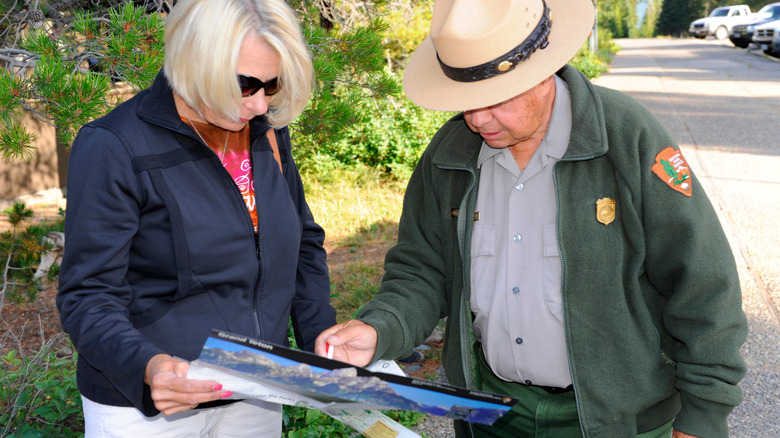Up on their feet from sunrise to sunset, it’s safe to say that park rangers have one of the most diverse (and demanding) jobs out there. Not only are they in charge of looking after some of the country’s most incredible state and national parks, but they’re also tasked with everything from maintaining trails to managing campgrounds, issuing permits, and even educating visitors about local plant species, habitat preservation, and safety protocols. Whether guiding visitors safely on a road trip through Death Valley, preventing visitors from mistakenly (and stupidly) touching the geysers at Yellowstone National Park, or patrolling the coastlines of Acadia National Park, their days are filled with physically and mentally demanding responsibilities that can quickly take their toll on anyone — especially when emergency situations come up and quick decisions need to be made.
That said — like plenty of other professionals who deal with public safety — one of the secrets that only park rangers know about has to do with the language they use to alert other staff of any potentially dangerous situations. However, out of all the potential terms that they might have to communicate with each other, there’s one specific code you’ll never want to hear applied to your situation: Code W.
A shorthand for someone who’s requesting help without actually needing it, even the thought of getting hit with a Code W (where the “W” actually stands for “wimp”) is embarrassing enough. After all, it basically indicates that a visitor is only calling for help because they’re either tired, uncomfortable, or woefully unprepared — and not because they’re in danger. And considering the fact that rangers are trained to handle genuine emergencies, a Code W only creates unnecessary stress and uses up valuable resources that could be better deployed somewhere else.



